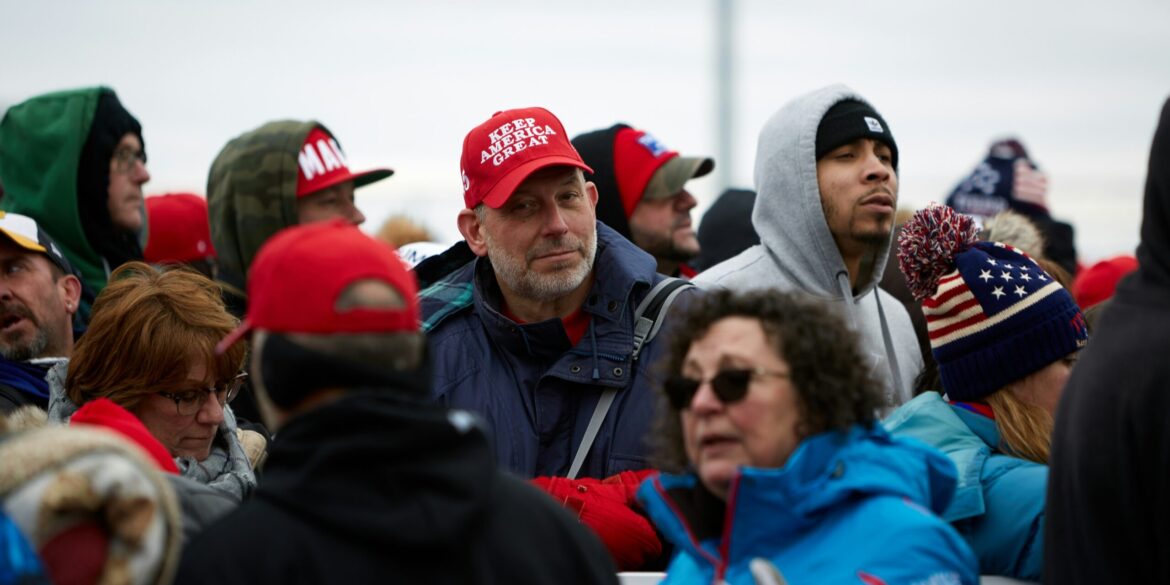As the federal government shutdown continues into October 2025, the political and economic reverberations are being felt most acutely in Virginia — a state whose economy is deeply intertwined with the federal workforce. From the Pentagon in Arlington to the naval shipyards of Hampton Roads, Virginians are facing the fallout of a government standstill that has left hundreds of thousands without pay and entire local economies on edge.
Reports as of October 5 indicate that more than 335,000 civilian Department of Defense employees are currently furloughed, with many others working without pay under “essential personnel” classifications. The concentration of defense and military-related employment in Virginia makes the state particularly vulnerable. Local economic estimates suggest that the Hampton Roads region alone is losing nearly $1 billion per month due to halted contracts, delayed projects, and suppressed consumer spending.
For many Virginians, the frustration goes beyond lost income. The shutdown has strained small businesses that rely on federal workers as customers, slowed operations at military bases, and created uncertainty for contractors who depend on timely government payments. “I’ve lived through shutdowns before, but this one feels different,” said an aerospace engineer in Newport News, interviewed outside a local coffee shop. “People are angry, not just worried. They feel like pawns in a political game that never ends.”
That sentiment is echoed across the state. In Northern Virginia—home to a dense concentration of federal agencies, defense contractors, and technology firms—the shutdown’s economic drag is evident. Restaurants, daycares, and service providers that cater to federal employees are reporting sharp declines in revenue. Some landlords are already fielding calls from tenants unable to pay rent on time. “The ripple effect is immediate,” said a local small-business association representative. “When that many paychecks stop coming, you feel it across the entire community.”
Politically, Virginia is emerging as a bellwether for public sentiment about the ongoing federal stalemate. Historically, the state has maintained a close balance between Republican and Democratic influence, with moderate voters often deciding elections. As the shutdown stretches on, both parties are scrambling to control the narrative. Early polling and anecdotal interviews suggest that while many Virginians blame Republican leadership for allowing funding to lapse, there is also growing fatigue with partisan gridlock overall.
Democrats have been quick to emphasize the human and economic toll of the shutdown, highlighting stories of affected workers and urging immediate passage of a funding resolution. Governor Glenn Youngkin, a Republican, has faced mounting pressure to speak out against his party’s congressional leadership, particularly as furloughed state residents express their anger. Though Youngkin has called for “constructive negotiations,” critics argue that his measured tone risks alienating voters who want stronger advocacy for reopening the government.
On the other side, Republican lawmakers from Virginia are working to frame the crisis as a symptom of fiscal irresponsibility and unchecked spending. Several have accused Democrats of rejecting “reasonable” budget proposals in favor of political theater. But within Virginia’s politically mixed electorate, that message appears to be meeting skepticism. “People aren’t buying the talking points,” said a political science professor at George Mason University. “They’re seeing their neighbors lose income and wondering why Congress can’t do its job.”
The economic stakes are particularly high for the Hampton Roads area, where the federal presence drives a significant share of local employment. Naval Station Norfolk—the largest naval base in the world—anchors an economy dependent on defense contracting, logistics, and shipbuilding. Even temporary disruptions ripple outward, affecting suppliers, transportation networks, and local tax revenues. Economists warn that the longer the shutdown lasts, the harder it will be for these sectors to recover fully.
READ ALSO: https://republicandigest.com/u-s-stock-markets-achieve-record-highs-amid-economic-growth/
Meanwhile, the uncertainty is fueling voter anxiety just weeks ahead of local and off-year elections. In several districts, campaign messaging has shifted sharply toward economic stability and government accountability. Both Democrats and Republicans are expected to test how the shutdown’s fallout influences turnout and party loyalty, particularly in suburban swing regions like Loudoun and Prince William counties.
Early signs suggest a warning for the GOP. Surveys conducted by local polling firms show that sentiment in several key regions has tilted toward blaming Republican leaders in Congress for the impasse. Voters interviewed by reporters in Virginia Beach, Richmond, and Arlington expressed a mix of anger and fatigue, with many saying they feel that political brinkmanship has gone too far. “It’s not about party anymore,” said one retired Navy officer. “It’s about competence. People want to see who can keep the lights on.”
For political strategists, the danger lies not only in the immediate backlash but in the longer-term erosion of trust. Government shutdowns have historically left scars that linger well beyond their resolution. If voters come to associate one party with economic instability or indifference to federal workers, that perception could shape state and national races in 2026 and beyond.
In recent days, both parties have begun floating proposals aimed at mitigating the damage. Some Virginia legislators have called for temporary state-level assistance to furloughed workers, similar to measures enacted during previous shutdowns. Others are urging Congress to pass limited funding bills to keep critical agencies operational while negotiations continue. But without a breakthrough in Washington, these efforts may offer little more than symbolic relief.
For now, Virginia stands as a microcosm of a larger national frustration—a state where the dependence on federal spending meets the limits of political patience. Each passing day of the shutdown intensifies both economic pain and political risk. As one business owner in Norfolk put it, “We’re caught in the crossfire of D.C. politics. And no matter who wins the argument, we’re the ones losing the paycheck.”

